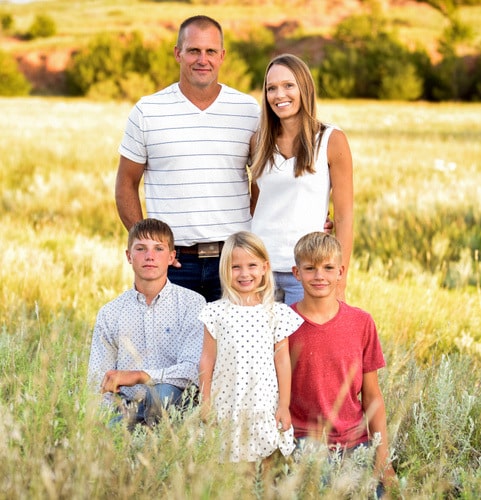Vote November 3
Joscelyn Nittler
Barber County Commissioner, District 3
I’m running for office because I want to see our county thrive, and I’m confident my passion, knowledge and experiences make me the best candidate for the position.

BARBER COUNTY
DISTRICT 3
Barber county’s third and largest district includes the western half of the county and extends into the northwestern portion of Medicine Lodge.
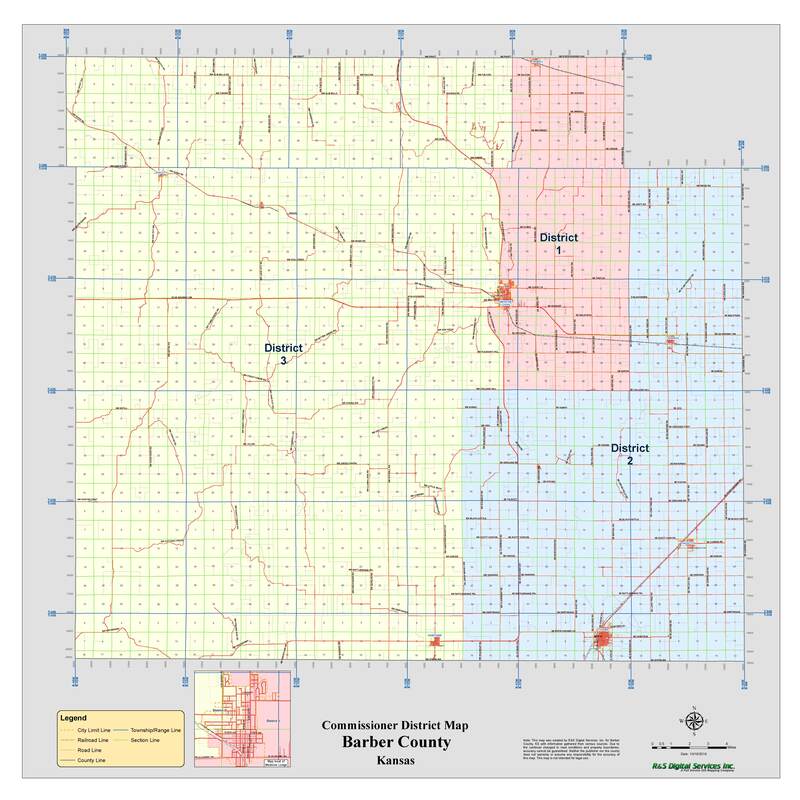
CONTACT ME
Your vote is an important decision. If you have questions you’d like to ask me or have suggestions for what you want to happen in Barber County, please feel free to call, text or email!
HOW TO HELP?
I’m working hard for the opportunity to represent Barber County’s third district in November. Sign up with your name and email address so I can let you know how you can help with the campaign!
PLATFORM
ISSUES FACING BARBER COUNTY
PROPERTY TAXES
ECONOMIC DEVELOPMENT
LAW ENFORCEMENT
Why should you vote for me?
I’m running for office because I want to see our county thrive, and I’m confident my passion, knowledge and experiences make me the best candidate for the position. I’m aware of the challenges we face, such as confusion about taxation, wavering trust in law enforcement, choosing the best incentives for economic development, establishing a long-term perspective to maintain our critical infrastructure, and more, but I know that if we work together we can find real solutions to these issues that are within our reach.
We’re doing a lot of things right, and we need to identify those successful endeavors and make sure they continue. But we also realize that not everything we’ve done has worked as well as we’ve hoped, and we must be willing to take a hard look at those initiatives and decide if they should be modified or discontinued. Above all, we all must work together to make sure that Barber County is a place where people want to come to earn their livelihoods and raise their families.
Each of our challenges affects the others, and understanding the system as a whole will lead us to better solutions for all. Working together as a county will create efficiencies and spur progress. I do not claim to have all the answers, but am ready to seek the resources and listen to what is important to our residents.

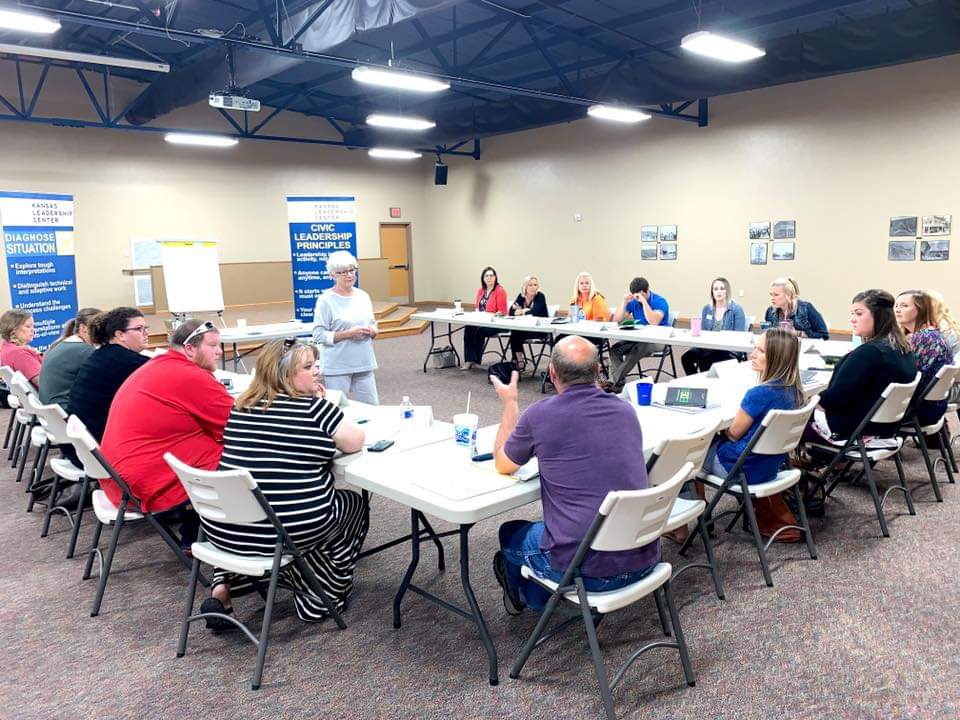
Property taxes
One of the topics that comes up most often when discussing county commissioners is property taxes. Let’s be honest, we would all love a break from property taxes and we certainly do not want to pay more than our fair share. While it is prudent to ensure that your property is valued properly, if it is classified correctly there is not much latitude given to appraisers at the county level. Their job is to utilize the state guidelines for each type of property to arrive at a fair value, then apply the mill levy to that value for assessment. For example, when valuing land, the state prescribes a valuation formula based on land use (cropland, grassland, irrigated, etc.) and soil type, utilizing an eight year history of NRCS data.
The mill levy is the sum of mill rates for each taxing entity. Examples of taxing entities include the county— whose funding provides all county services such as the health department, fire, ambulance, sheriff’s department, court system, register of deeds, roads and bridges, clerk, appraisal and treasury— and school districts, municipalities, and townships (for which the county has no jurisdiction other than collection and disbursement). These mill rates are determined by each entity’s proposed budget as a percentage of the property valuation for that district. For examples, visit jfcountyks.com/607/The-Mill-Levy.
The mill levy is applied to the assessed value of the property owned by individuals and businesses. The assessed value is a percentage of the appraised value (the fair market value); this assessment rate is set by the State Constitution. Business property is assessed at a higher rate than residential property. So for the example of farm land, after the use value is determined based on historic net revenue, that value is multiplied by the prescribed assessment rate (in this case 30%) and then multiplied by the mill levy to arrive at the property tax due; the portion of land attributed to your residence is assessed at a lesser rate of 11.5% and farm buildings are assessed at 25%.
A simpler way to think of it is to consider the budgeted needs of the county. Then consider the collective value of all taxable property in the county. The budget determines the total dollars that need to be collected in order to run the county and all other public entities like schools, cities, townships, etc. The total budget is divided by the total assessed value to arrive at the mill levy.

So how can we lower our property taxes?
Tactic 1: Make the budget leaner. I have no doubt that this has been continuously refined for years, and the budget that our current commissioners are working on for 2021 must have major cuts because of reduced revenue. The flip side is that at some point you are cutting into critical and necessary budgets. A way to mitigate the negative impacts of budget cuts is to find regional solutions that create better efficiency.
Tactic 2: Increase the tax base through economic development (see Economic Development section). Data for Kansas show that less populous counties pay more in property taxes per capita. It makes sense; similar services and infrastructure that support our roughly 4500 citizens would likely support 6000 people (a number comparable to our population in the 1980s). For illustrative purposes, spreading the tax burden over 500 more people would translate to more than a 10% decrease in property taxes per capita. As mentioned above, this burden is not distributed evenly across the population; it is apportioned based on the value and type of property each person or business owns.
It is important to note that the share of the burden that each individual, landowner, or business owner carries is prescribed at the state level. If obvious disproportionalities exist across sectors, we need to be documenting and sharing this information with our state representatives so that they have the information they need to reform the process.
Economic development
There are a few ways commissioners can play a role in economic development. Incentive programs to encourage new businesses or expansions are possible. One such property tax rebate program is already in place: The Barber County Neighborhood Revitalization Plan.
Barber County Development is partially funded by the county. This organization works to help and promote new and existing businesses in our county. They recently created a small business loan program to aid local entities impacted by the recent shutdown caused by the pandemic.
Community input is vital to the process of determining the best avenue for economic development. Knowledge about what makes our youth want to stay or come back to live in Barber County can help influence policy. There are many people with Barber County roots, who appreciate and know our way of life, who have moved away for various reasons. Often, they are living in communities similar to ours, so what influenced their decision to live there and not here? We need to be asking:
How can we help our existing businesses?
What are the obstacles that prevent younger generations from working in our local economy?
What services are essential to families? To our aging population? To single individuals?
What standards are expected in today’s society?
What is the role of education in our local economy?
Who is best suited to address these issues?
Where are people or businesses going when they leave Barber County?
Who is our market? (industry dependent)
The answers to these types of questions can provide valuable insight that will help us create effective strategies to further economic development in our county.
Law enforcement
The recent primary election brought many things to light about the direction of our law enforcement. At the community forum, I heard multiple candidates emphasize the need for better training of officers. I do not doubt that this would improve many aspects of the job and address concerns regarding our law enforcement division. If elected, I will commit to learn more about the cost and availability of such training to ensure our law enforcement is fully prepared to serve our county. I also agree that officer presence in the community is beneficial from a public relations standpoint, and I am interested in seeing further development in this area.
About me
My name is Joscelyn Nittler and I am running for Barber County Commissioner, District 3, in the General Election in November. I already know many of you through various connections, but thought I would share a bit more about myself and how I intend to use the knowledge and experiences I have gained over the years to effectively serve and represent the citizens of Barber County.
Barber County has been my home since my parents brought me into this world at Medicine Lodge Memorial Hospital a few decades ago. I was raised in a community where it seemed that just about everyone knew and cared about one another. It was small enough for me to grow up riding my bike with friends from one end of town to the other nearly every day of the summer. We would stop along the way for snacks at Grandma’s, treats at the donut shop, and breaks from the heat in the downtown grocery store as we traversed to and from the city swimming pool. During my adolescent years I was blessed with a vibrant church family and some of the greatest teachers. I still have fond memories of, and great respect for, those who taught me in grade school, intermediate school, and high school. I graduated from Medicine Lodge High School with one of the largest, and surely one of the best, classes to walk those halls.
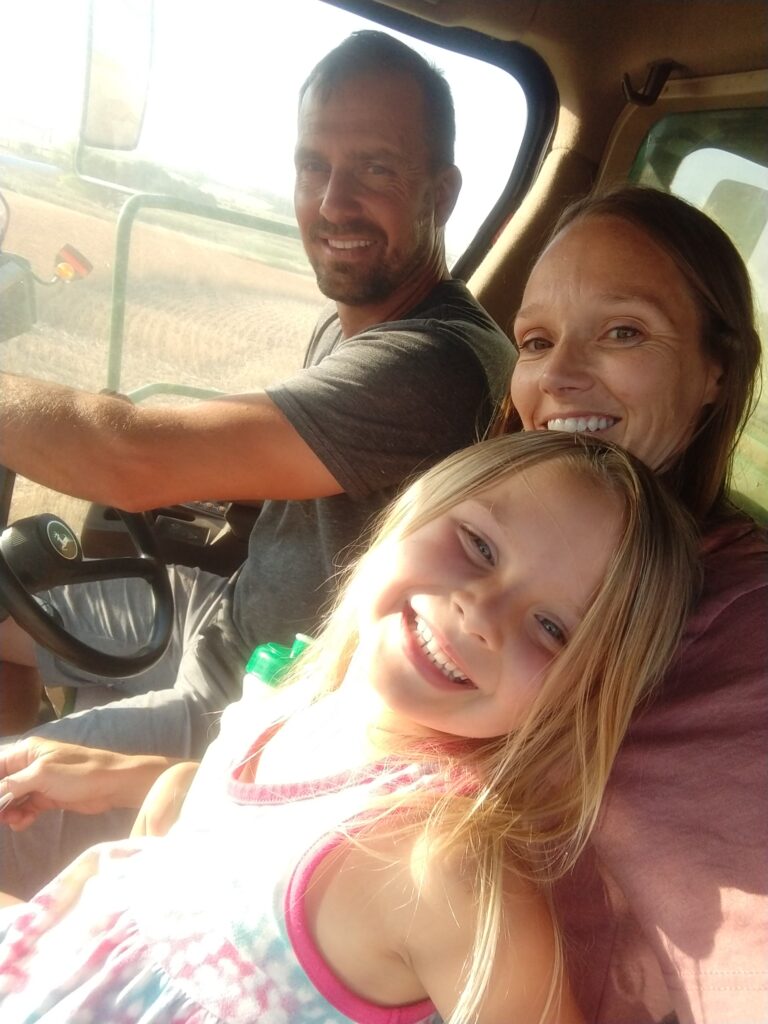
Because of the wonderful educational experience I received, when it came time for college I felt prepared and was ready to fly. With guidance from my parents, teachers, and coaches, I was able to earn scholarships in academics, cheer and golf to attend Baker University. During my college years I took every opportunity to expand my world. I studied abroad at Harlaxton College, England, and participated in courses and internships for federal agencies that took me to Illinois, California, and Alabama. I started graduate school in Oklahoma but soon found myself moving to New York City with my husband Chad, who is also a Barber County native. A former Medicine Lodge High School teacher helped me get a job immediately, working for her sister who also lived in New York state; I continued to work for her and began teaching at Queensborough Community College. Our time in the city was memorable and rich with learning experiences; it also made us realize how blessed we were in our upbringing. It was not long before we decided to move back to Barber County and start a family of our own.

We now have three children: Alexavier will be entering high school this year, Durham will finish up Junior high, and Breeze will continue with preschool. Our children are the fourth generation of Nittlers to live on the farm and ranch just outside of Lake City where Chad grew up. Chad will tell you *we* farm and raise Red Angus cattle, but he is the one who puts in the long hours and hard work, while still finding time to be involved in our rural community. Our oldest boy truly enjoys farming with his dad and working cattle for his grandpa, our younger son is learning the ropes—his latest project is raising laying hens—and our daughter loves helping in the vegetable and flower gardens. All of the kids also enjoy sports and we spend a good amount of time in the surrounding communities enjoying this pastime. Our circle of friends has broadened due to our children being part of regional ball teams and participating in the area recreation leagues. We are very fortunate to live near both sets of grandparents who are a prominent part of our children’s lives.
Since moving back home, I have taught various levels of science education at high schools and colleges in the area, most recently at Medicine Lodge High School. I also began accounting in the family oil and gas business in 2005. With its roots in the supply and service side of oil and gas, my father laid the foundation for our business. Transitioning to operations and actively drilling throughout the last decade, my brother and I now manage the day to day operations. I have acquired a great deal of business experience as the company has managed through industry ups and downs. As a business owner I have learned the importance of maintaining assets, replacing depleted reserves, adjusting to the market, and creating a positive environment so that we are surrounded with good, hardworking people. The trust I have in my co-workers is part of what gives me the flexibility to invest time into other endeavors.

I have always enjoyed participating in my community and have been involved with numerous projects and organizations over the years including Relay for Life, 5K fundraisers, chamber events, Boy Scouts, Kicking Bear, and United Methodist Youth Fellowship. Since 2012 I have served on the board of the Medicine Lodge Peace Treaty Association, a group of citizens whose purpose is to commemorate the history of our area, educate youth about historical events, and to promote the community through economic development.
This past year I was one of three people who had the honor of representing Barber County in the inaugural class of the Southcentral Kansas Leadership League. This effort was coordinated in Pratt and is based on the principals of the Kansas Leadership Center: “Leadership is an activity, not a position, and anyone can lead, anytime, anywhere.” Each month I have had the opportunity to meet with a diverse group of leaders from Barber, Kiowa, Pratt, and Stafford Counties. Half of our time was spent on learning and practicing community leadership skills and the other half has presented us with a chance to visit and learn about the varying struggles, solutions, and opportunities in each of these neighboring counties. We also travelled to Topeka where we toured the Capitol, observed committee meetings, and met with the Secretary of Commerce. Our multi-county group has established a local network with a strong positive rapport. This experience has afforded me relationships with public servants in neighboring counties who have inspired me with ideas on how we can help our community continue to thrive in Barber County.
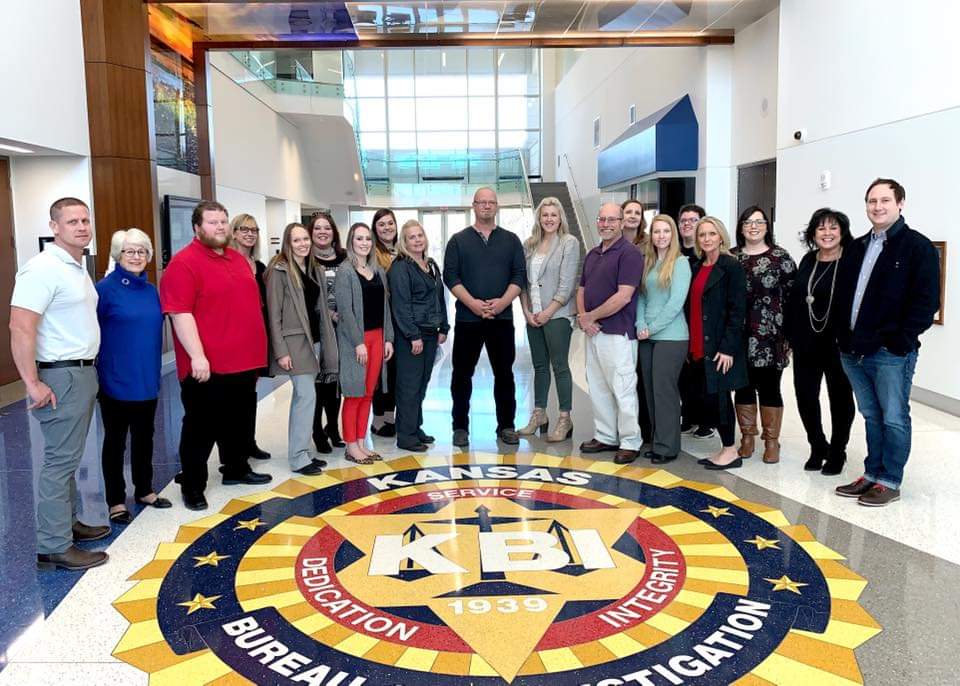
This exposure to leadership at other local and state levels plays a large part as to why I have decided to run for Barber County Commissioner. With the knowledge and life experience I now have, I see that the friendly and bustling community I knew as a child only existed because industrious citizens have worked together for decades to ensure our area prospers in every sense of the word. This amazing community that we live in did not appear because people were complacent. Each era brings new challenges that must be met with both wisdom and strength. The infrastructure, businesses, and people that make up our community exist because a group of people cared enough to make it happen. As a region, we have managed through many booms and busts in our commodities-based local economy; our prominent industries include agriculture, energy, and gypsum, as well as a retail sector that experiences these ups and downs alongside its neighbors. Current events have put the world in an unprecedented situation. Difficult decisions are being made that will impact our health and economy. It will be up to local leaders to ensure that our way of life thrives for the next generation, and it can only be done with the support of our citizens.
I would like to ask for your support as I run for Barber County Commissioner, District 3. I hope that you will put your trust in me to build on my experience as a business owner, mother, civic volunteer, and a member of the farming and ranching community to guide decisions that impact our county. I look forward to hearing your ideas and advocating for our future.
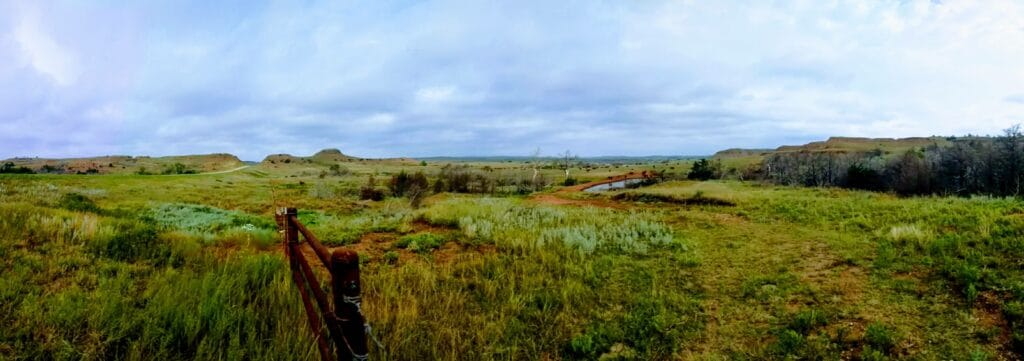
Frequently asked questions
What is the job of a county commissioner?
First, it is helpful to know what positions and entities fall under the umbrella of the county. Elected officials include commissioners, sheriff, register of deeds, county clerk, treasurer, and county attorney. Appointed positions include the county appraiser, county counselor, director of information technology, ambulance director, public works director (departments include road & bridge, solid waste and noxious weed), health department administrator and emergency manager (departments include county health and fire). See barber.ks.gov for more details about our local officials and departments.
County commissioners’ duties include budgetary approval for all of the above-mentioned departments, spending oversight, and hiring county employees. They address land, easement, and access disputes. Commissioners also have the authority to enact local ordinances, a responsibility that has come to the forefront this year due to the pandemic response.
The budget encompasses the overhead—salaries & wages, heating & cooling, maintenance, long term capital expenditures—for many services on which our citizens rely. These services include emergency response such as ambulance and fire, health care via the Barber County Health Department, roads and bridges, the county court system, appraisals, land and mortgage records, and county elections. Funding also goes to entities that are not directly managed by the county; the county contributes to social services (Horizons Mental Health, Arrowhead West, and Mirror, Inc.), Barber County Extension, the Barber County Fair, soil conservation (NRCS), BCCOA senior center located in Hardtner, Hazelton, Isabel, Kiowa, Medicine Lodge, and Sharon, and Barber County Economic Development.
Why did you choose to run as an independent and why now?
I registered as “unaffiliated” my senior year of high school. At the time, I had very little life experience on which to base an affiliation. But I do recall that I did not want to be lumped into a certain category and therefore wanted to remain independent. I have always voted for the person, not the party. I have never liked how the party system affects elections at the local level. It is my view that we are a small enough county that we truly can learn enough about our candidates to vote for someone who understands and represents our needs, regardless of party affiliation.
As for the timing, the fact that I am running unaffiliated had an impact on that decision. Only candidates affiliated with a major party (Republican, Democrat, or Libertarian) run in the primary. The purpose is for each party to nominate its top choice, then the primary winners for each party run against each other in the General Election held in November. Unaffiliated candidates do not have a primary; instead, they must submit a petition signed by at least 4% of all registered voters in their districts and turn it in before the August election. The deadline is designed to prevent someone from running only after seeing the results of the primary election.
In June I went to the County Clerk’s office to inquire about the process of running for office the same week that two of the four candidates in the Republican primary filed to run. In Barber County, only Republicans filed for the primary. This single-party participation has been the case many times in the past, and it has become the norm that whoever wins the Republican primary in Barber County is unopposed in the General Election. I decided to delay filing publicly for a couple of reasons: 1) the Republican candidates are friends and neighbors whom I respect and I did not want to interfere with the primary election process, 2) I was concerned it could have caused confusion for voters since my name would not have appeared on the ballot for the primary election. Therefore, I gathered my signatures the week before the primary, personally reached out to candidates to inform them of my decision to run so they would not be surprised on primary election day, and, finally, I submitted my petition on Friday, July 31st, prior to the August 4th primary election day.
Why am I a good fit for the county commissioner job?
As an active participant in the community, I have interacted with nearly every department in some capacity. My interactions with the Sheriff’s department include tours with the Boy Scouts, fingerprinting for teaching license, and response to emergency calls. Not long ago, we saw firsthand how our emergency services and multiple fire departments could work together to protect property and lives during the Anderson Creek Fire.
As part of my work with Indian Oil, I do land research at the Register of Deeds and have taken oil and gas appraisal classes alongside our assessor’s deputies in order to become proficient at filing hundreds of annual renditions. My interactions with the treasurer are very similar to many drivers, landowners and business owners. I have worked with road and bridge on applications for new road entrances and road bore permits. Our local health department keeps our family on track for immunizations and physicals recommended by the school.
Most recently, I have been working as the project manager for the Barber County CARES Committee. This committee has been given the task of allocating the CARES Relief Funding that was provided to Barber County to help with COVID-19 needs for public entities like the county, schools, and cities, as well as private and non-profit needs. My job is to coordinate the requests from all entities and to ensure that all approved budgets and expenditures are documented according to the state and federal guidelines. This involvement has already given me a great deal of insight into our local needs, as well as the outstanding public programs in Barber County and the people who ensure they continue.

